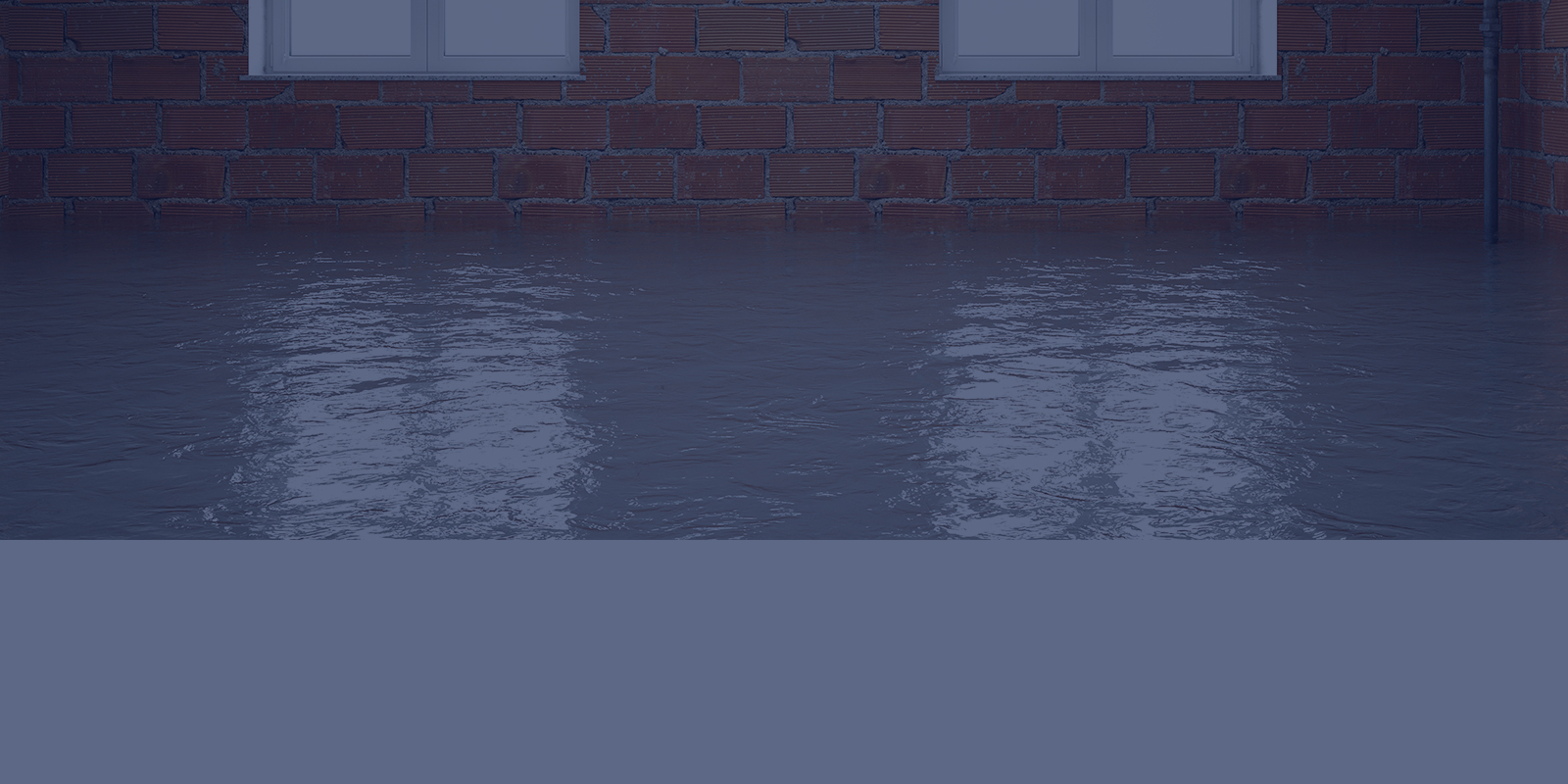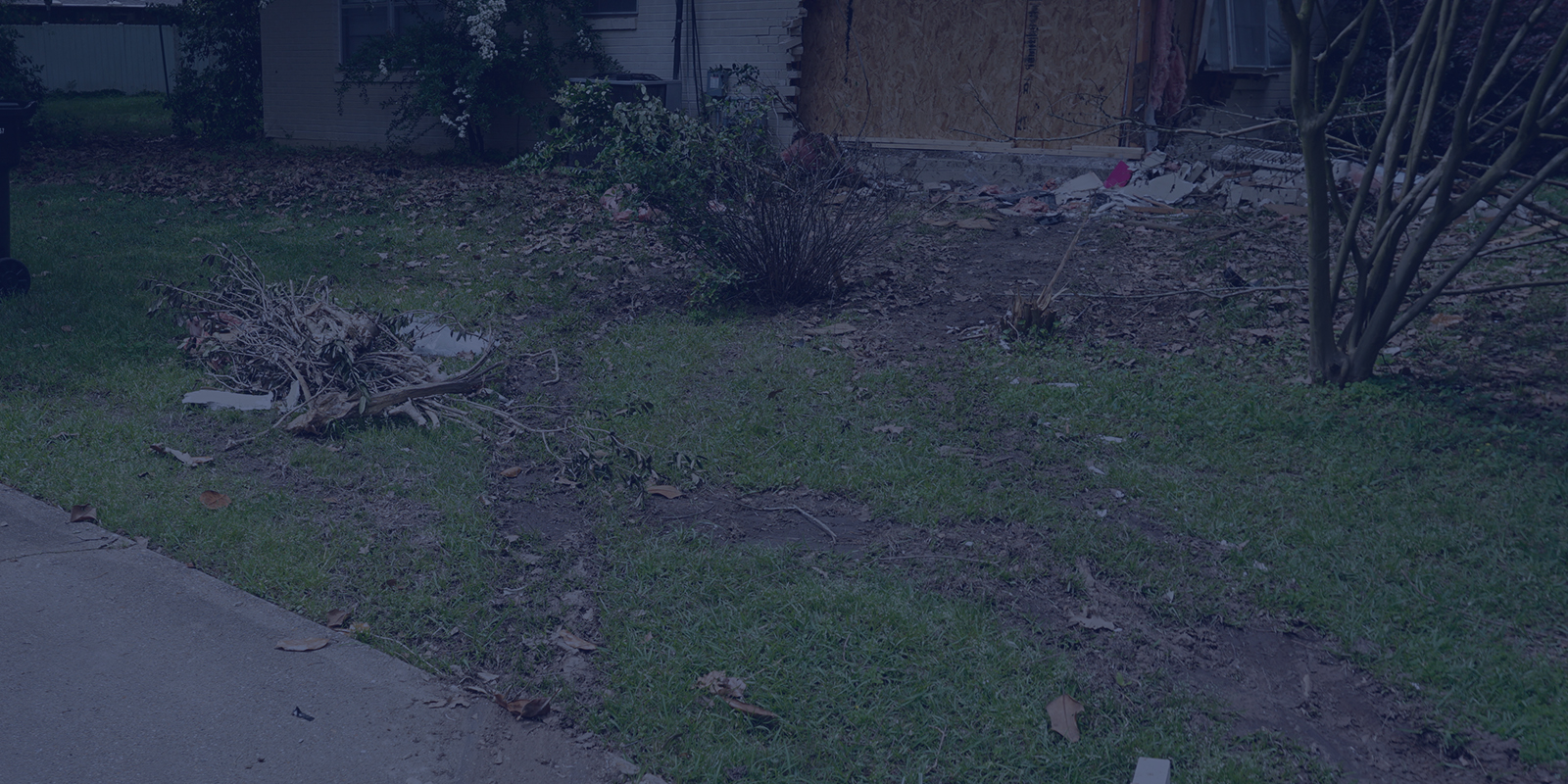Basements are underground portions of buildings that were historically used for housing utility equipment, and for storage of items that were not particularly moisture sensitive. In modern times, however, basements often offer a range of functionality, including fully habitable space, often with moisture-sensitive finishes. Due to their intended use at the time, historical unfinished basements were often not constructed to prevent incidental water within the space. Conversely, accommodations to prevent water intrusion are essential for modern, finished, basements.
Basement foundation walls are often porous, and in direct contact with the soil and moisture outboard of the foundation wall. Therefore, rainwater and moisture within the soil have the potential to enter the below-grade space if the building is not constructed to prevent such moisture intrusion. Moisture prevention measures for basements typically include properly sloped exterior grading, a functional exterior rain guttering system, subgrade foundation wall waterproofing, subgrade foundation drains, sump pump systems, and vapor barriers for the basement floor slab. When properly implemented, these common features mitigate most instances of moisture intrusion.
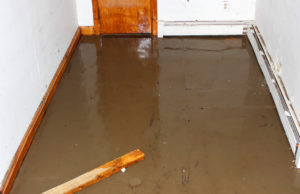
In addition to moisture within the ground, basements can experience water intrusion from a variety of other sources, requiring consideration of multiple building and site factors. Nelson’s engineers and architects have evaluated many cases of basement water intrusion resulting from floodwater; the failure of sump pumps; design and construction deficiencies; and backflow through stormwater, sanitary, or other subgrade piping. Extreme weather events may also cause significant subgrade moisture conditions that can lead to structural failure. Hydrostatic lateral and vertical forces on basement walls and floors can cause cracking, bulging, and, in some cases, collapse.
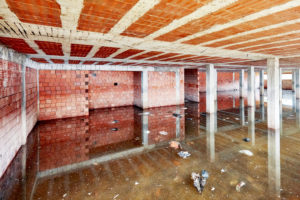
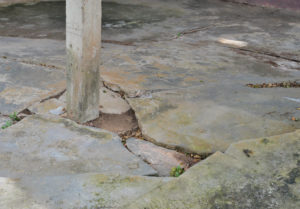
Nelson’s experts have investigated basement water intrusion at a variety of buildings and other structures, ranging from private residences to sprawling industrial facilities. They are licensed to practice in all 50 states and remain ready to provide fact-based, objective answers to our clients’ important questions. To request Nelson’s services, please call, e-mail expert@nelsonforensics.com, or submit an online request here https://www.nelsonforensics.com/request-forensic-services/.
